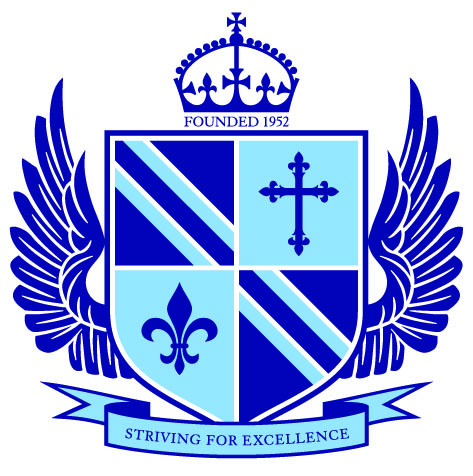Business
Business is the consideration of the dynamic environment in which business operates and an appreciation of the many and varied factors which impact upon business activity and business behaviour. Everybody works in a business or has contact with a business, whether this is privately owned, e.g. shops hairdressers, builders, garages, solicitors, banks, etc; controlled by the government, e.g. health, education, defence, council services, or a voluntary organisation, such as a charity.
GCSE BusinessAll types of business activities are investigated, including the types of business organisations; the work carried out by various departments and the roles of people in these organisations. Questions which are addressed during this course include ‘How can you buy shares in a company?’, ‘How are workers paid?’, ‘What motivates staff?’, ‘How does McDonalds operate as a Franchise?’, ‘What consumer rights do you have when you buy a product?’,‘How do Cadbury’s market their chocolate?’, etc. Experimental and practical approaches to learning are employed, using the local and national community as a resource for study, and encouraging pupils to develop initiative, problem-solving and decision-making skills. SPECIFICATION LINK: 8132 COURSE INFORMATION: AQA GCSE Business (603/0304/9) ASSESSMENT STRUCTUREWritten component: 100% This consists of two 1 hour 45 minute written exam papers taken in June of Year 11. The first paper focuses on influences of operations and HRM on business activity and the second paper looks at influences of marketing and finance on business activity. |
Cambridge National in Enterprise and MarketingAn aspiration for many young people is to be self-employed and start their own business. The skills required for this, such as being able to work collaboratively and creatively, solve problems and have awareness of businesses and customers, are also those requested by employers. This qualification will allow students to get to grips with key aspects of running small businesses with a focus on enterprise and marketing. To do this the course was created by consulting with teachers, employers and entrepreneurs to make sure that students will gain the right combination of knowledge, understanding and skills required for the 21st century. SPECIFICATION LINK: J837 COURSE INFORMATION: OCR Cambridge National in Enterprise and Marketing (603/7093/2) ASSESSMENT STRUCTUREThe two centre-assessed units offer practical task-based assessment opportunities, alongside the examined unit which contains underpinning knowledge and understanding, resulting in a focused qualification that complements a Key Stage 4 study programme alongside other vocational qualifications and GCSEs. Grading:Unit and qualification results are awarded on a 7 grade scale with Pass, Merit and Distinction at both levels 1 and 2, and with a new grading of Distinction* at Level 2 to inspire students to achieve more. Students performance on the units will determine their grade and level. Unit Overview:There are three units to cover over the two-year period. One of these is an external exam and the other two units are coursework. Unit 1:The first unit underpins the other learning in this qualification. Students will learn about the techniques businesses use to understand their market and develop products, investigate what makes a product viable and understand how businesses attract and retain customers. They will also learn about key aspects of small businesses, including ownership and functional activities. Knowledge gained would be of use for further studies in other business and management qualifications including retail, marketing and customer service. This unit is externally assessed through an OCR set and marked 1 hour 30 minutes exam. A range of different types of questions will be used, including multiple-choice, short/medium answer questions and extended response analysis and evaluation questions. Unit 2:In unit 2, students are provided with a business challenge. From this they will create a researched and costed business proposal. Students will need to undertake activities such as conducting market research, presenting data, using idea generation tools, seeking and acting on feedback, and costing proposals. This unit will develop students’ self-assessment, collaborative working, creativity, numeracy, research and evaluative skills. Unit 3:In unit 3, students will prepare for and pitch their own business proposal that they developed in unit 2. Alongside developing a brand identity, students will investigate how to best promote their product and then plan and prepare their pitch. After delivering their practice and professional pitch they will review their own performance and business proposal. This unit will develop the students’ analysis and self-evaluative skills as well as those relating to self-presentation. The skills and knowledge developed in units 2 and 3 will be useful in a wide range of further qualifications and in applying for further education opportunities and jobs. Both units are assessed through an OCR-set assignment that is teacher marked and OCR moderated. The emphasis is on learners doing practical activities, showing how they can put their learning to use. |
